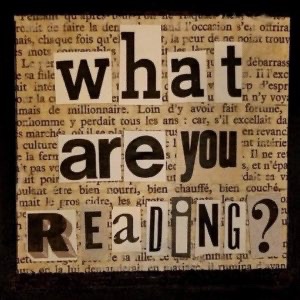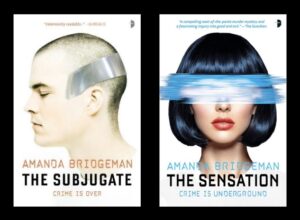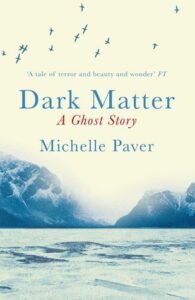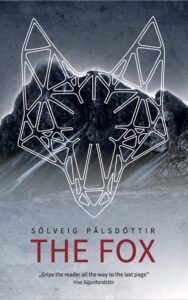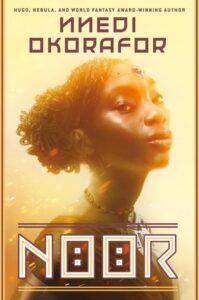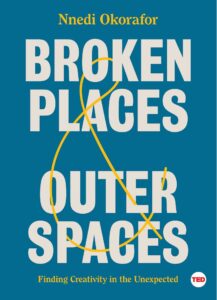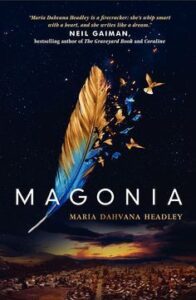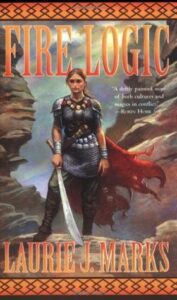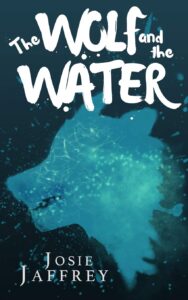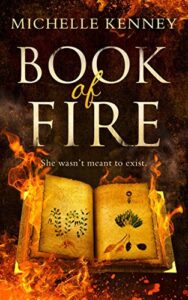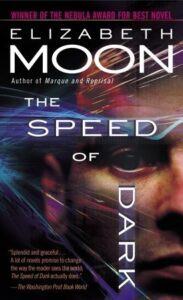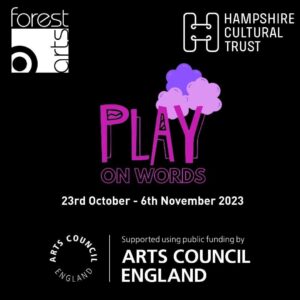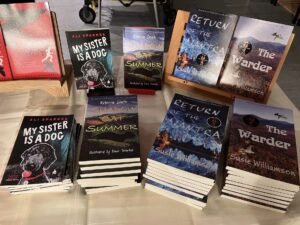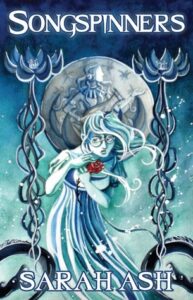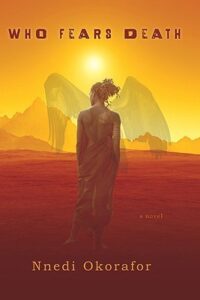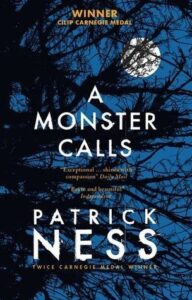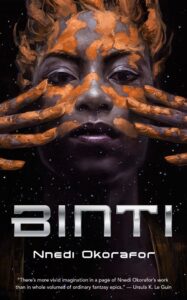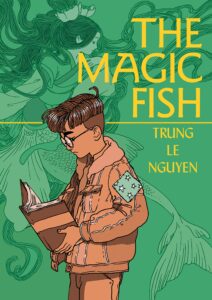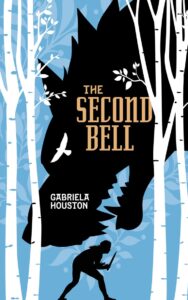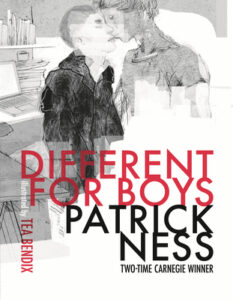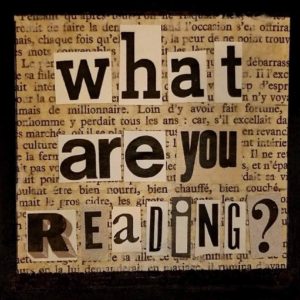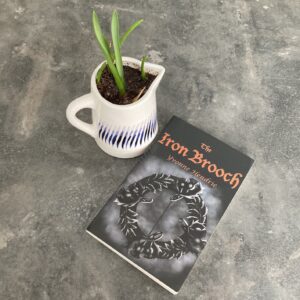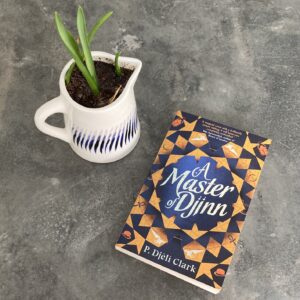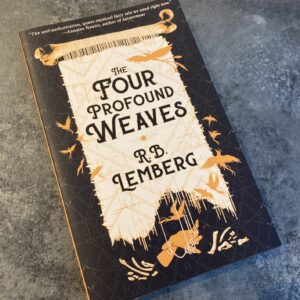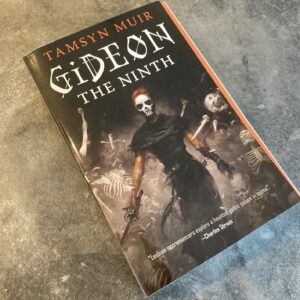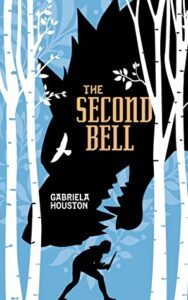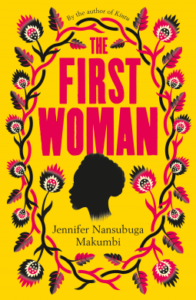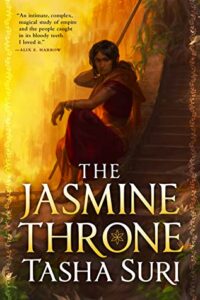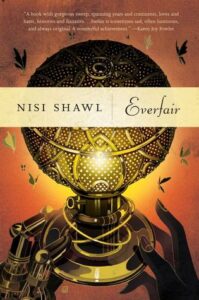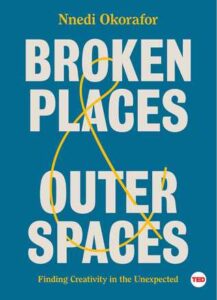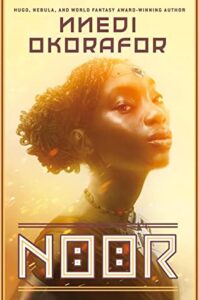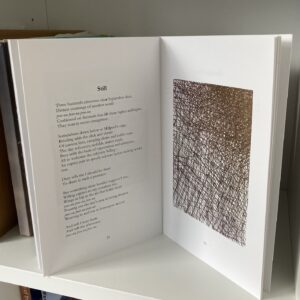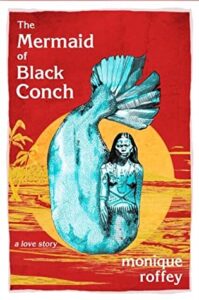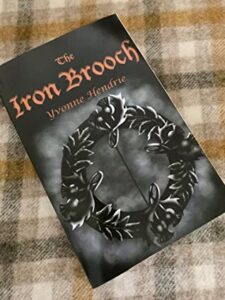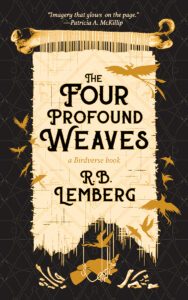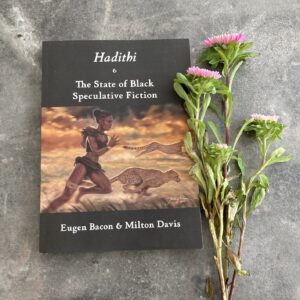
In the midst of winter I’m immersed in fantasy, both in writing the next instalment of my fantasy series, and in my current read, an epic saga in a magical world. More on those another time. It’s a genre rooted in folklore, and so I thought I’d share a few recent non-fiction reads, which touch on the subject of folklore from different angles depending on the cultural lens.
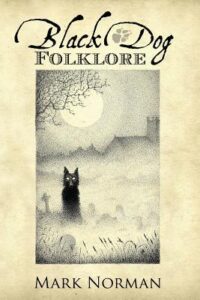
Black Dog Folklore
by Mark Norman
Black dog folklore is a fascinating read, bringing to life a subject that in many ways feels familiar: from the well-known idea of hell hounds, to the well-loved story of Hounds of the Baskervilles, to The Magic Tinderbox. But while reminiscing on favourite childhood tales of unforgettable dogs with eyes as big as saucers, the extensive and varied eye witness accounts at the core of this book take us on a fascinating journey. Just as dogs have become central to family life, so ghost dogs are woven into our folklore. This well-drawn collection offers an extensive and comprehensive study of these elusive canines, as guardians, protectors and deliverers of omens, stories that illuminate, explain and deliver the eerie, while highlighting the plethora of threads woven into the fabric of our own cultural backdrop. Expertly told, while delivered with a seamless conversational style, make this a page turning read, and one I am sure I will revisit.
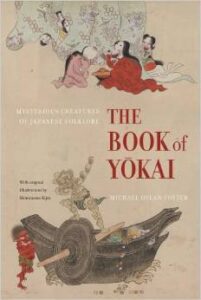
The Book of Yokai; Mysterious Creatures of Japanese Folklore
by Michael Dylan Foster, Shinonome Kijn (Illustrator)
The Book of Yokai is an extraordinary book summed up by an extraordinary word, Monsterful, to denote the rare and truly marvellous manifestations of otherness that the undefinable category of Yokai brings. Through informative encyclopaedic narratives, punctuated by gorgeous illustrations, we are taken on a journey of the weird and wonderful, the dreamlike and the haunting, through experiences that don’t easily fit into our everyday understanding, yet are somehow relatable by the bizarreness. I enjoyed the nod to well-known characterisation from the much loved Studio Ghibli, and the teasing delivery that so eloquently describes a spirit world just beyond the reach of language, where limitless yokai creatures occupy the space between. This is a deep dive into Japanese folklore, that is inventive, surprising, inspiring and suitably unsettling.
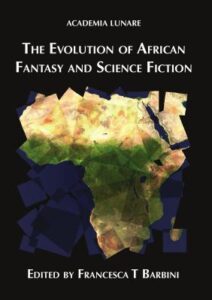
The Evolution of African Fantasy and Science Fiction
Edited by Francesca T Barbini
This small book is an important read, beginning with discussion into how far back SF dates, and how SF and colonialism emerged in parallel, exclusive of African Science Fiction. Technological developments, science, and anthropology, crucial to SF, were intertwined with colonial history and ideology, made possible through military dominance, and leading to the idea of colonised subjects with their cultural beliefs being seen as inferior.
The emergence of African Fantasy and Science Fiction is essential in changing this narrative, along with stories from Asia and indigenous voices from around the world. Technology has facilitated circulation and consumption of these stories, therefore showing its market value to established publishers, consequently creating space for more writers to offer their perceptions and strengthen positive perceptions. In turn this offers an essential sense of belonging to readers worldwide, offering cultural insight and contributing to multi-cultural awareness. There was a sobering reminder that Africans have been producing science fiction, fantasy, magical realism since the genre began, since storytelling for all of us is as old as time, leaving a huge body of work, past and present, to explore. It’s an exciting future with voices such as Nnedi Okorafor continuing to weave African folklore into Africanjujuism stories, and creating inventive Africanfuturism leading the way. An inspiring, empowering and thought-provoking read.
What are you reading?
